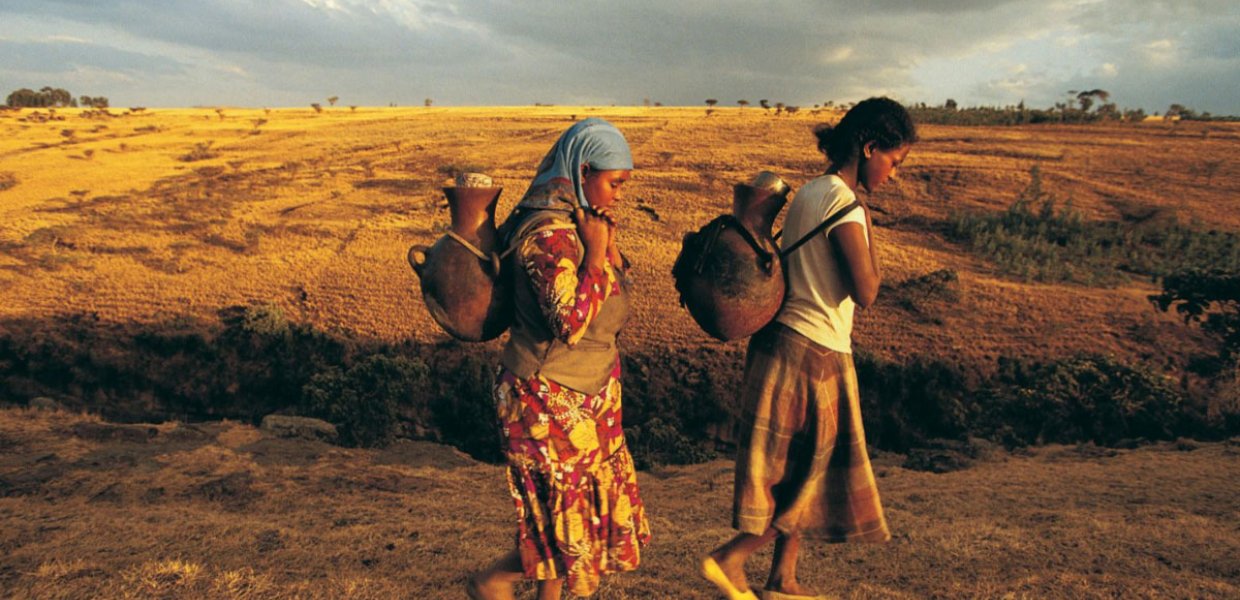As companies focus on their sustainability goals it’s imperative that we prioritize people most impacted by climate change to ensure a just transition.
In addition to my CEO role at WE Communications, I’ve been working on the ground with relief organizations in Africa for nearly two decades, as my personal passion. One of the inventive projects that comes to mind when I think about sustainability is one that I collaborated on with a group of women in the organization called Women in Self-Employment (WISE), based in Ethiopia. These women were turning garbage into fuel pellets, creating a new energy source that people in their community could use for heating or cooking. The women said this project not only offered them a good income; it also provided a strong sense of purpose. They were helping their community transition to more sustainable energy sources and play their part in creating a better world.
These purpose-driven women got the same message about climate change that is ringing in our ears today: Communication works! But the message isn’t landing everywhere with the same urgency, particularly for the richest nations and most powerful organizations when it comes to their sustainability efforts and targets. In 2023, the conversation must shift to prioritize communities on the margins already suffering the fierce impacts of climate change today. Our work to save our planet must be equitable; it must be a just transition.
At first glance, the link between climate change and social equity isn’t immediately clear. Here’s a brief explainer: For many years, there has been a conversation among high-level government leaders and other policymakers about how to move the world to a more sustainable economy. Most leaders agree that the rules and guidelines for this journey should be fair to all people and communities. But we aren’t starting on a level playing field. In well-resourced nations like the United States, leaders in the public and private sector can get excited about innovative technology solutions and ambitious sustainable infrastructure plans. Solar panels! Wind farms! Electric cars! But where do developing nations fit in? People disproportionately suffering the impacts of climate change don’t have the resources to start making a meaningful switch to renewables without outside investment. If we want to see real climate progress, the public and the private sector will need to step up and provide resources — in the form of technology, expertise and capital — to make the transition a reality. And the communications industry will need to explain why this is critical.
The good news is there is a huge public appetite for such investments. WE Communications 2022 research finds that 69% of respondents said brands should make concrete investments in projects to protect jobs and livelihoods in the communities most affected by climate change, with sustainable tech investments, community outreach and reskilling workers identified as the top three solutions. Yes, the issue is complex. No, it’s not easy to talk about. But the time to act is NOW. In 2023, business leaders will need a firm understanding of the link between sustainability and equity so they can take the action needed. Our superpower as communicators is the ability to ground ourselves in the fundamentals and lead conversations that drive change.
The women in Ethiopia making fuel pellets were doing everything they could with the resources they had to make a positive impact. They’re my inspiration. Positive impact happens only when we connect all stakeholders. Those with power and platforms need to get the same memo so we can ensure no one is left behind. To save the planet, our job is to land that message.
